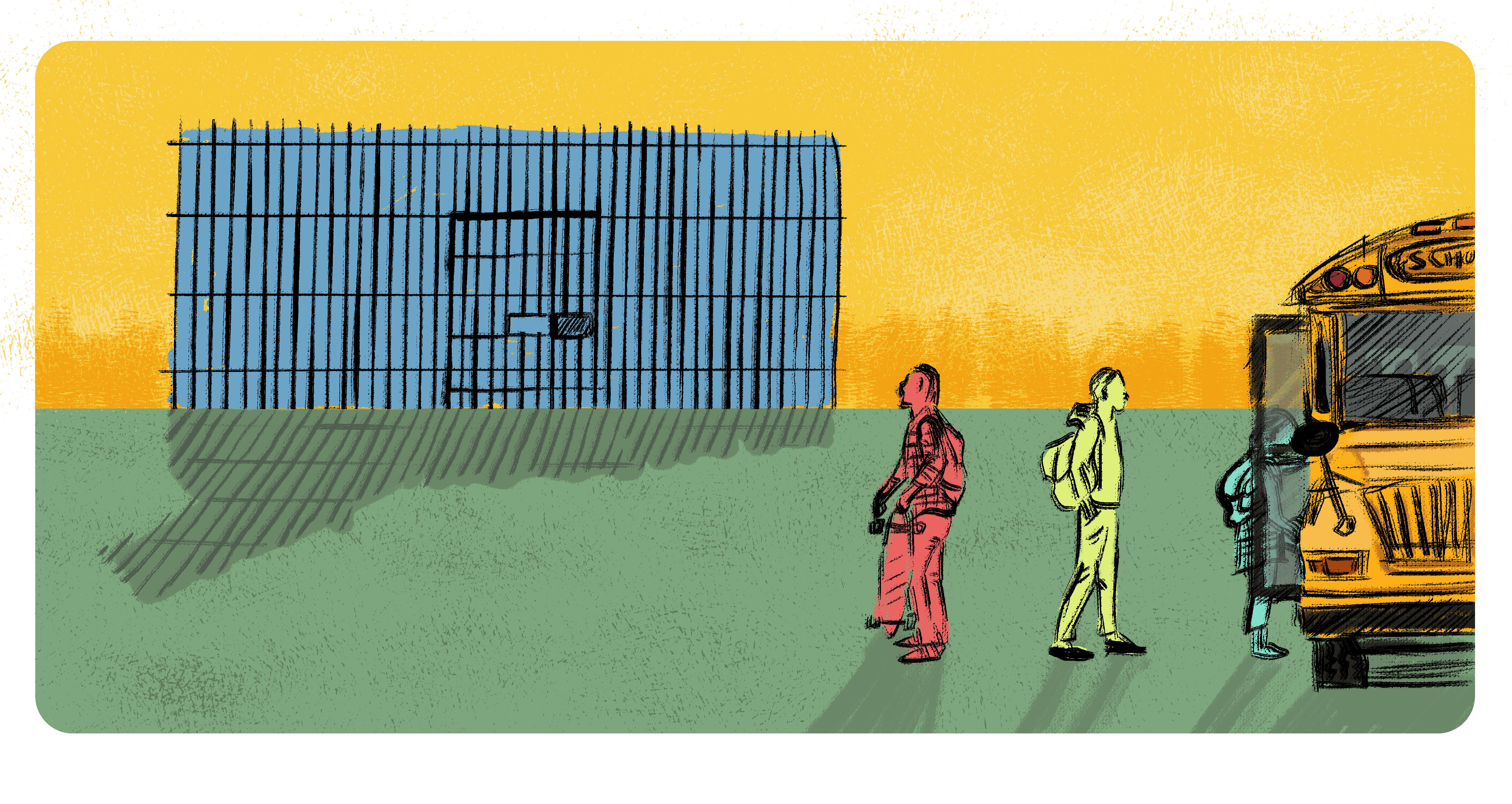
How Are Juveniles Treated In Our Criminal Justice System?
In Connecticut’s not-too-distant past, 16- and 17-year-olds were routinely prosecuted in adult criminal court.
But under reforms that took effect in 2012, most crimes by youth, particularly non-violent ones, are now handled in juvenile courts, notes Connecticut Mirror schools and child welfare reporter Jacqueline Rabe Thomas. Those courts put more emphasis on rehabilitation, she says, speaking with Jeff Cohen, Connecticut Public Radio’s news director, for our ongoing Extra Credit series on civics.
In recent years, the state has not only focused on preventing teenage defendants from re-offending, it’s taken measures to keep youth from falling into what’s called the “school-to-prison pipeline” in the first place. That, Thomas explains, includes placing more restraints on school districts over when they can suspend or expel students, and for what reasons.
“You can’t just send a kid home who’s expelled and say ‘I hope they don’t get in trouble while they are sitting home all day, everyday, and not having a structured learning environment or any alternative,'” she says.
(Original Broadcast December 11, 2018)


